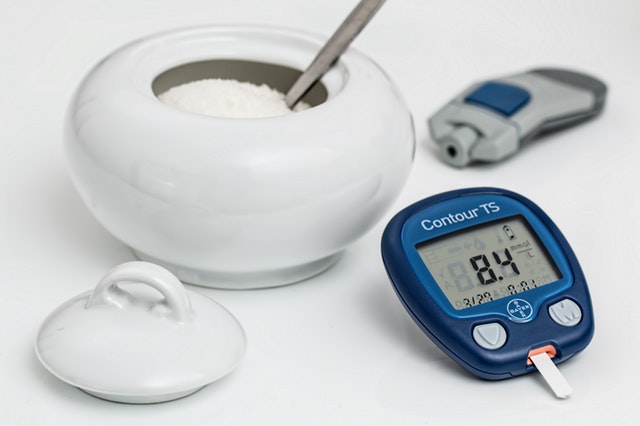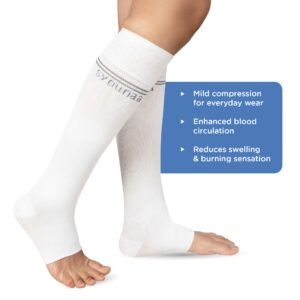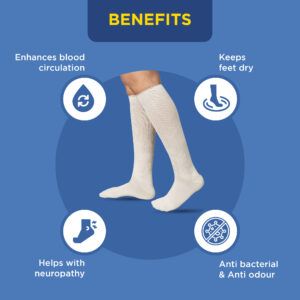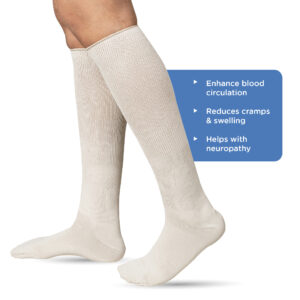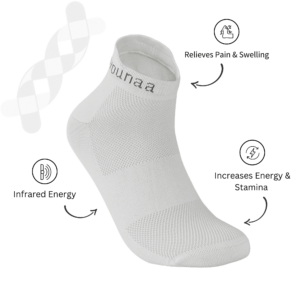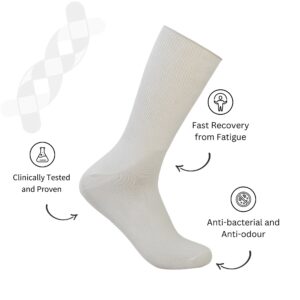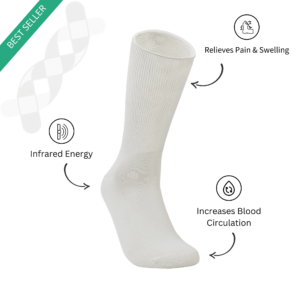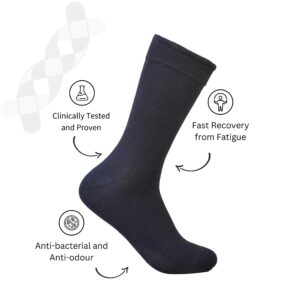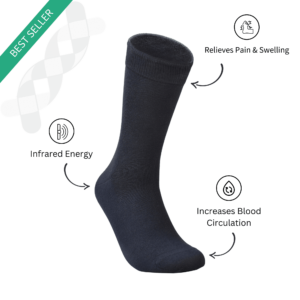Americans first declared November as the ‘Diabetic Awareness Month’ to talk about blood sugar to help diabetes patients live a healthy fulfilling life. Later, other parts of the world started adapting the Diabetic Awareness Month to spread awareness on diabetes and blood sugar. Despite the effort of many, people neglect higher blood sugar levels. In some cases, patients become so accustomed to the adverse effects that their symptom does not seem to irritate them, rather they learn to live with the symptoms. High blood sugar is not a phase and it does not go if you ignore it, it gets worse.
Recent reports suggest that India currently holds 49% of the worlds diabetic burden. It is more common in metropolitan cities where the percentage of diabetic patients is much higher in the cities than towns and villages. At this rate, we may have 134 million diabetic patients in India by 2024! Diabetes becomes more dangerous when we pair with negligence. High blood sugar is a serious condition and we must keep it under control.
In this article, we will look at the harmful effects of prolonged unattended, blood sugar. We hope you take the necessary steps to keep it under control after reading about the 7 things that may happen to anyone who does not take their blood sugar seriously.
Extreme Fatigue
When we have high blood sugar, our body is working extra hard to keep the sugar at bay. Our kidneys do their best to expel the excess sugar and struggle to filter water from the sugar. The lack of insulin in our system stops the glucose from reaching parts of our body that needs it the most – like our muscles and organs. Since the rest of our body does not get an equal supply of glucose (even if there is enough of it in our blood), we feel really tired all the time.
This is why patients with high blood sugar often get frequent hunger pangs. Organs and muscles signal the brain to send hunger pangs to the body to supplement the sugar. Of course, once they eat again the digested glucose enters the blood without reaching our deprived organs and so the cycle continues.
Frequent Infections and Sores
The reduced supply of glucose affects all our bodily activities. As a result, our immune system is one of the many affected systems. A weak immune system cannot efficiently heal infections which is why diabetic patients are prone to yeast, foot, urinary tract infections and infections post-surgery. Bacteria usually accumulates in places with fluids and mucus, like sweaty feet and armpits, the mouth and genital areas. Therefore, these areas have a higher risk of infection.
Soares occur for a slightly different reason. Since the lack of insulin cannot efficiently transport blood glucose to other parts of the body, the glucose tends to cluster and accumulate certain areas– usually the hands and the feet. This is why blood sugar patients often get painful foot sores around their feet.
Every Cut Becomes Dangerous
On average it takes much longer for diabetic patients with high blood sugar to heal wounds. This largely happens because of our weak immune system. Additionally, the increased glucose in our system creates an obstruction for oxygen. Our hands and feet (especially our feet) suffer the worst because they receive maximum pressure from the rest of the body, reduced oxygen supply, and more glucose accumulation.
Delayed healing becomes dangerous when it is clubbed with a loss of sensation. It is common for patients with high blood sugar to lose sensation in certain parts of the body because of glucose accumulation and reduced oxygenation. Sometimes patients with high blood sugar, don’t realise they have an unattended wound which can worsen to become a severe case of gangrene. Research shows that a diabetic leg is amputated every 30 seconds in the world! Unattended wounds are the primary causes of diabetic amputations.
Vision Problems
Diabetes often causes your lens to swell and thus leads to temporary blurred vision. It is one of the first symptoms of high blood sugar. It is a reversible problem so, if the patient seeks medical help on time and keeps their sugar in check, their vision will be back to normal. There are more serious vision problems caused by diabetes that are irreversible. For instance, if high blood sugar damages the optic nerve, the diabetic patient may face partial or complete blindness.
Never ignore blurred vision, especially if you are a diabetic patient. To ensure better eye care, make sure to get a thorough dilated eye exam every two years.
Higher Chances Of Nerve Damage
As we said earlier, the parts of our body that has maximum blood sugar deposits are the ones that are most affected by diabetes. The nervous system is a very intricate channel that passes through every part of our body – from our scalp to the tips of our toes. This long channel is widely exposed to our bloodstream because it is responsible for sending touch, hunger, thirst and pain sensations. When we have high blood sugar, it increases our chances of accumulating around our central nervous system.
Diabetic neuropathy is a serious ailment but around 60-70% diabetic patients have severe to mild forms of it. Symptoms include numbness, tingling sensation and sometimes pain at certain nerve endings.
Increased Risks For Heart Disease or Heart Attack
Did you know that a diabetic patient is twice as likely to get a stroke than someone who is not diabetic? This happens because, with time, high blood sugar levels damage the arteries and reduce their functionality. High blood sugar also leads to a fatty build-up in blood vessels called atherosclerosis. Over time, the gradual deterioration of arteries and the fat build-up in blood vessels can cause the arteries to block and therefore lead to a stroke.
Risks of Organ Failure
Organ failure is indeed a big risk for diabetic patients with high blood sugar. Just like how blood sugar can damage organs and bodily systems, it can completely destroy them as well. Blood sugar tends to obstruct oxygen and glucose supply to organs and when organs are overworked without proper food and oxygen they can go into shock and completely stop working.
To curb organ damage and stop any of the above symptoms from occurring, we must take our blood sugar levels seriously. Frequent self-checks for sores and injuries, frequent workout, healthy eating, maintaining hygiene, paying close attention to subtle bodily changes and wearing comfortable breathable clothes, especially around your feet can make a massive difference to those with high blood sugar.

